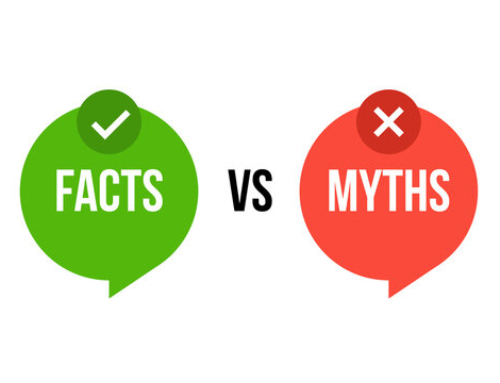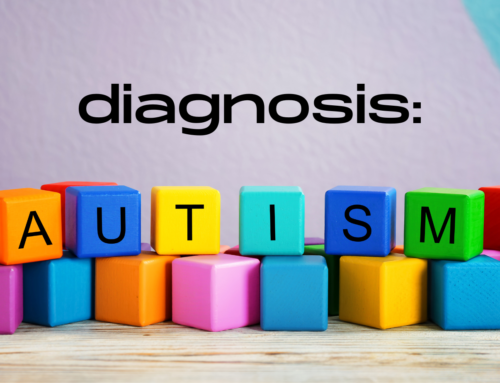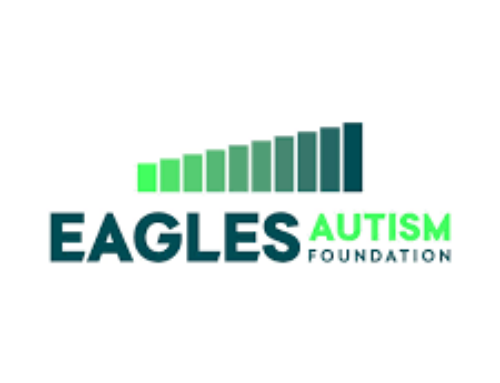Disneyland and Walt Disney World Resort will no longer allow visitors with disabilities instant access to rides, starting next month, in an attempt to reduce abuse of the policy.
Under the current policy, Disney visitors can get a guest assistance card that grants quicker access to rides, often entering through exit doors to bypass the main lines.
There were widespread reports of able-bodied people abusing the policy.
Some wealthy park visitors were hiring disabled people to pretend to be family members so they could skip lines, the New York Post reported in May. Social researcher Wednesday Martin learned about the practice while researching a book about New York’s Park Avenue elite, the Post reported.
“It really is happening,” Martin told CNN’s “Starting Point” in May.
Starting October 9, guests with a new disability access card will be issued a ticket with a time to enter an attraction, based on the current wait time, so they don’t have to stay in line. Disney fan site Miceage.com broke the news of the policy change last week.
No proof of disability is required under either the current or new policies. Asked why Disney couldn’t keep the current system and require disabled guests to provide proof of disability, Disney spokeswoman Suzi Brown said, “Due to confidentiality laws, we’re limited in the information we can ask.”
“We have an unwavering commitment to making our parks accessible to all guests,” Brown said in a statement. “Given the increasing volume of requests we receive for special access to our attractions, we are changing our process to create a more consistent experience for all our guests while providing accommodations for guests with disabilities. We engaged disability groups, such as Autism Speaks, to develop this new process, which is in line with the rest of our industry.”
Brown stressed that the program is different from the parks’ FastPass program, which issues a limited number of FastPasses per hour for certain attractions. A guest using the new disability card would get a return time based on the actual wait time for the ride.
Erin Moya, whose 4-year-old son has spina bifida, agreed that there needed to be a change to stop the abuse. But she worried that the new system makes things more complicated for families that really need help.
Read the whole story at CNN.com






